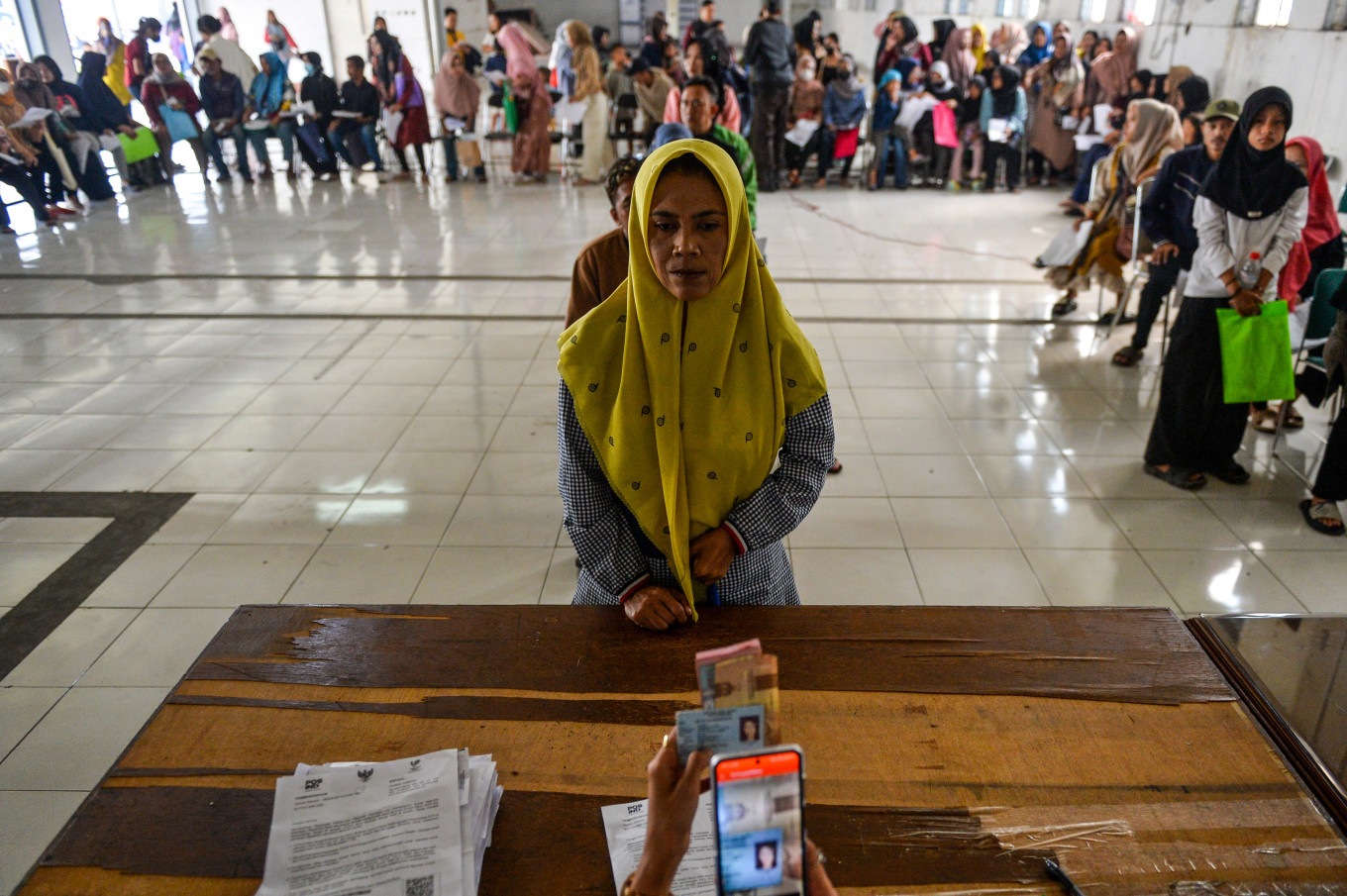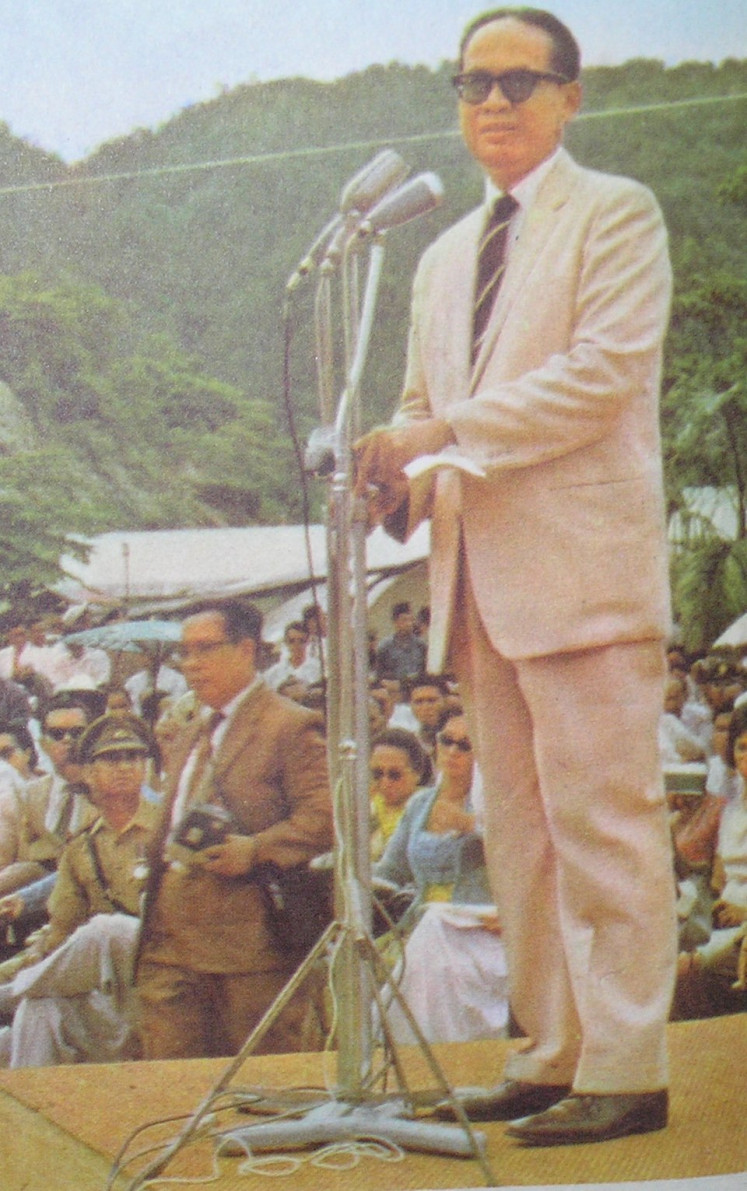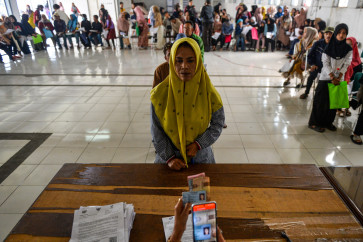Popular Reads
Top Results
Can't find what you're looking for?
View all search resultsPopular Reads
Top Results
Can't find what you're looking for?
View all search resultsJokowi’s presidency leaves behind very narrow fiscal space
About 120 million people, 40 percent of the total population, still live near the poverty line, meaning that they are prone to falling into poverty at the slightest decline in economic conditions.
Change text size
Gift Premium Articles
to Anyone
I
n the 10 years of Joko ”Jokowi” Widodo’s presidency (2014-2024) Indonesian economic growth has been sustainable, resilient and relatively high. It has managed to navigate safely in the midst of global economic headwinds and turbulence.
The gross domestic product (GDP) stood at US$1.42 trillion in 2023, $559 billion larger than in 2015. Its GDP per capita rose nearly 50 percent to $4,940 in 2023.
Fiscal policy was one of the reasons behind this relatively high and stable growth. During Jokowi’s presidency, his fiscal policy has been characterized as prudent and disciplined. It has contributed to the macroeconomic stability, and has been flexible enough to act as a buffer and a counter cyclical policy during economic downturns. Indonesia’s fiscal policy appears to have been effective in cushioning short-term shocks.
The post-C0VID-19 global economic landscape was full of uncertainties, created by geopolitical tension and aggressive monetary tightening in advanced countries. Given the prospect of low global growth, moderating commodity prices and a higher cost of borrowing, the Jokowi administration took a conservative approach to fiscal policy by narrowing the budget deficits to ease financing pressures, despite a significant revenue windfall in 2022 amid skyrocketing commodity prices.
But the fiscal budget has been plagued with low revenue collection, as the tax ratio to GDP has been persistently low during Jokowi’s presidency, despite several tax reforms that have been implemented. In 2023 the Indonesian tax ratio was 9.6 percent, compared with Malaysia (12.2 percent), Thailand (16.7 percent) and Vietnam (11.6 percent).
The relatively low tax ratio has constrained the government’s pursuit of a more expansionary fiscal policy to grow the economy above 5 percent annually. As result, government expenditure has hovered around 15 percent of GDP since 2015, which is lower than its peers in the Group of 20 such as India (28 percent), Brazil (48 percent), Turkey (28 percent) and Malaysia (23 percent).
Jokowi’s administration spent Rp 3.15 quadrillion ($210 billion) on infrastructure between 2015 and 2023, an average of 2.2 percent of GDP. This compared with India (3.3 percent), China (6.7 percent) and Vietnam (6 percent).



















